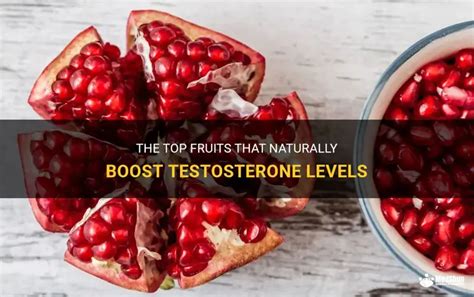Specific diet/lifestyle tweaks to naturally optimize male testosterone for peak performance?

For men aiming to achieve peak physical and mental performance, optimizing testosterone levels naturally is a critical, yet often overlooked, strategy. Testosterone, the primary male sex hormone, plays a pivotal role in everything from muscle mass and bone density to mood, energy levels, and cognitive function. While synthetic options exist, a wealth of evidence suggests that specific, sustainable diet and lifestyle adjustments can significantly enhance your body’s natural testosterone production.

The Cornerstone: Nutritional Foundations for Testosterone
Your diet is perhaps the most powerful lever you can pull when it comes to hormone regulation. A balanced intake of macronutrients and a focus on specific micronutrients are non-negotiable for healthy testosterone levels.
Prioritize Healthy Fats
Contrary to outdated advice, dietary fat is essential for hormone production. Cholesterol, the precursor to testosterone, comes from the fats you consume. Focus on monounsaturated fats found in avocados, olive oil, and nuts, and polyunsaturated fats from fatty fish (salmon, mackerel) rich in Omega-3s. Saturated fats from quality sources like grass-fed butter can also play a role, but moderation is key.
Adequate Protein Intake
Protein is crucial for muscle repair and growth, which indirectly supports testosterone. Aim for lean protein sources like chicken, turkey, lean beef, eggs, and plant-based options such as lentils and beans. Sufficient protein helps maintain a healthy body composition, another factor linked to optimal testosterone.
Micronutrient Powerhouses: Zinc, Vitamin D, and Magnesium
- Zinc: A well-established mineral vital for testosterone synthesis. Good sources include oysters, red meat, pumpkin seeds, and legumes.
- Vitamin D: More accurately a hormone, Vitamin D deficiency is highly correlated with lower testosterone. Sunlight exposure is the best source, but fatty fish, fortified foods, and supplements can help.
- Magnesium: Involved in over 300 enzymatic reactions, including those related to testosterone production. Spinach, almonds, black beans, and avocados are rich in magnesium.
Conversely, limiting processed foods, excessive sugar, and heavy alcohol consumption is paramount. These can disrupt hormone balance, increase inflammation, and contribute to weight gain, all detrimental to testosterone.

Beyond the Plate: Lifestyle Tweaks for Hormonal Harmony
Dietary changes lay a strong foundation, but lifestyle habits complete the picture, providing a holistic approach to testosterone optimization.
Embrace Strength Training and High-Intensity Interval Training (HIIT)
Regular resistance training, particularly compound movements like squats, deadlifts, and bench presses, has been shown to acutely and chronically boost testosterone. HIIT, characterized by short bursts of intense exercise followed by brief recovery periods, can also be highly effective. Avoid excessive long-duration cardio, which can sometimes have a suppressive effect if overdone.

Master Stress Management
Chronic stress elevates cortisol, a hormone that directly antagonizes testosterone. Incorporate stress-reducing practices into your daily routine, such as meditation, yoga, deep breathing exercises, spending time in nature, or engaging in hobbies you enjoy. Prioritizing mental well-being is crucial for hormonal balance.
Prioritize Quality Sleep
Sleep is when your body repairs and regenerates, including hormone production. Studies indicate that inadequate sleep significantly lowers testosterone levels. Aim for 7-9 hours of high-quality sleep per night. Establish a consistent sleep schedule, create a dark, cool, and quiet sleep environment, and limit screen time before bed.

Maintain a Healthy Body Weight
Obesity, particularly abdominal fat, is strongly linked to lower testosterone. Adipose tissue contains an enzyme called aromatase, which converts testosterone into estrogen. Losing excess body fat through a combination of diet and exercise can significantly improve testosterone levels.
Minimize Exposure to Endocrine Disruptors
Certain environmental chemicals, known as endocrine disruptors, can interfere with hormone function. These include phthalates found in plastics, parabens in cosmetics, and BPA in food containers. Opt for glass or stainless steel containers, choose natural personal care products, and filter your drinking water to reduce exposure.
Conclusion: A Holistic Path to Peak Performance
Optimizing male testosterone naturally is not about a quick fix, but a commitment to a holistic lifestyle. By consciously integrating specific dietary choices – focusing on healthy fats, adequate protein, and key micronutrients – with strategic lifestyle adjustments like strength training, stress reduction, quality sleep, and environmental awareness, men can unlock their body’s full potential. Consistency and patience are key; these changes build upon each other to create a powerful, synergistic effect, paving the way for enhanced energy, vitality, and overall peak performance.










